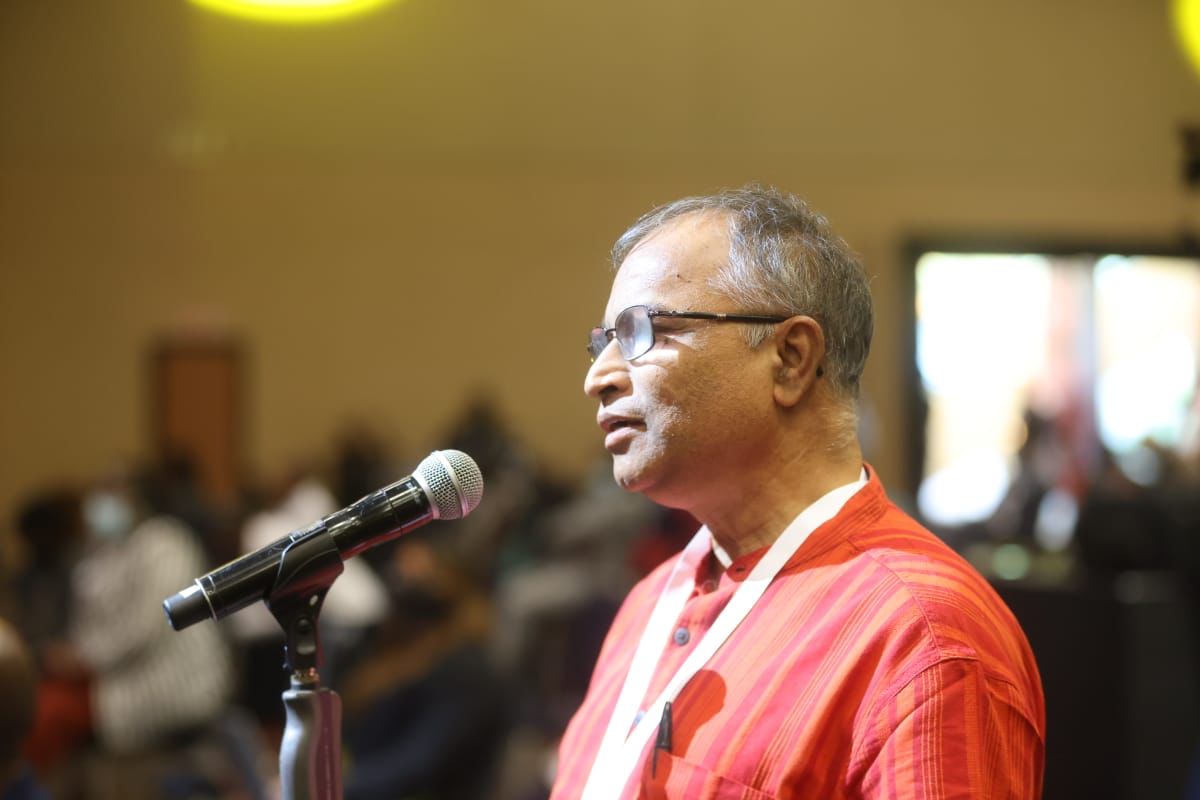Venkat Reddy, National Convenor at MV Foundation
”Children are very important; they are the future. So, mobilisers do the work for the future. Mobilisers have a lot of energy and passion to help children in their communities and to make their communities thrive. We channel this energy to achieve the best possible results in the communities.
It is essential that our mobilisers reach every household in the community for the area-based approach to work. A child who is not in school is a child labourer, but also a potential learner. And vice versa, a student is a potential dropout who goes into child labour. So, our work has to reach every family and every child in the community. To build trust and good relationships with parents, relatives, children and others in the community, we need to visit them again and again. It is essential that the mobilisers are constantly in the process of building relationships and partnerships within the communities.
Our mobilisers can work magic in communities. They have the ability to change social norms in communities and the lives of many people within them. For example, in the communities in which we work, there are a lot of families in which not a single person has ever been to school. Many of these people are Dalits – the lowest caste. If a child from such a family goes to school, they are the first child in that family to go. They are a first-generation student. That is a big deal! They lack role models in their families to show them what getting an education can mean for their lives and their communities. Likewise, parents, grandparents and others in these communities have no example of the value of education for children. Getting a child to go to school as a first-generation learner is a huge achievement. But it is not without failures along the way. Bringing about such big changes in communities, real changes in the social norms of communities, is a difficult and non-linear process. Mobilisers face resistance, opposition and disappointment along the way, but they never give up.
Community mobilisers must constantly negotiate with people and other stakeholders in the community. Community mobilisers are conflict resolution practitioners. They negotiate with schools, community leaders, caste leaders and many others. They have different strategies depending on the context in which they are working. This context is constantly changing depending on the situation in the community. For example, they adapt their timing to suit the times when people in the community are available to talk. This is usually outside normal work hours. But they take many other factors into account to ensure fruitful discussions and negotiations.”

